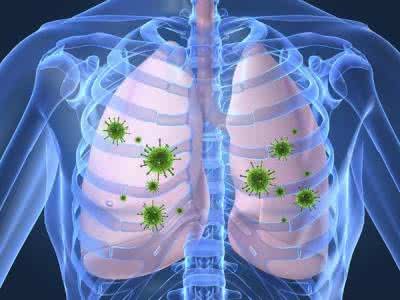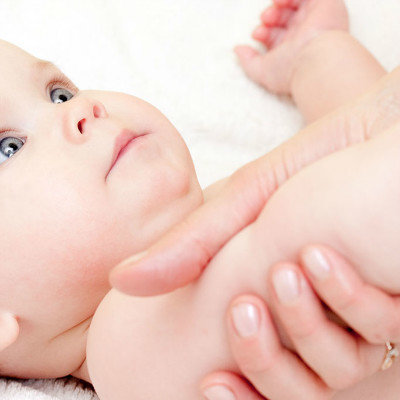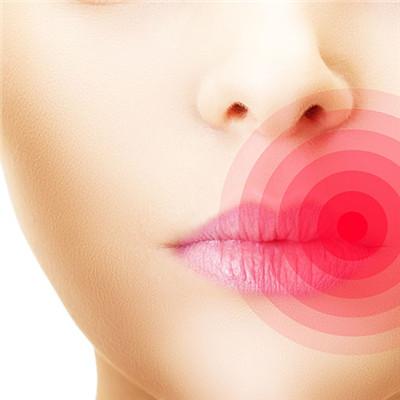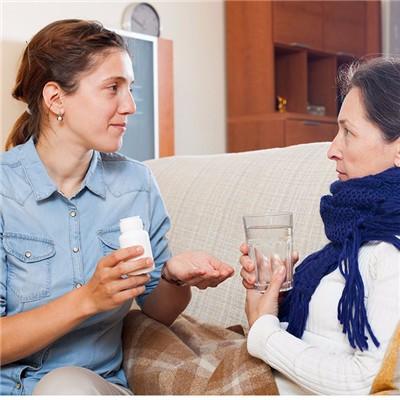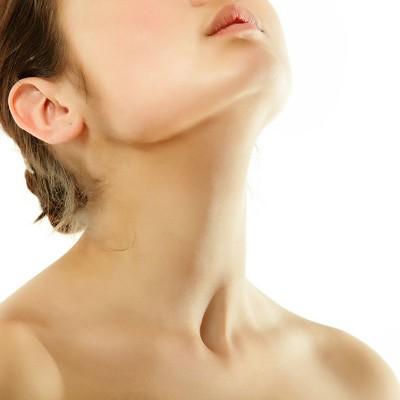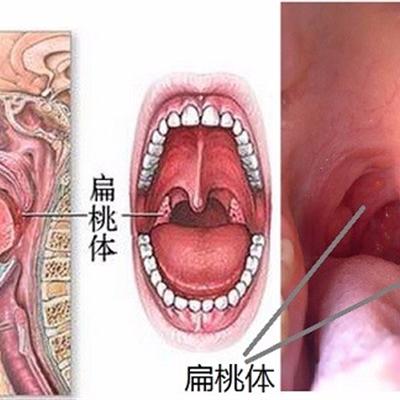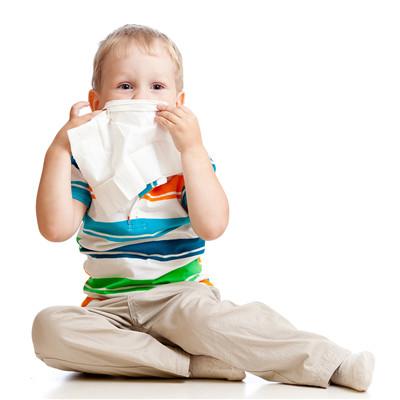What are the side effects of radiotherapy for nasopharyngeal carcinoma
summary
There was once a high school student who often felt stuffy nose and blood in his nasal discharge. Later, he was diagnosed with nasopharyngeal carcinoma. Later, he was said to have gone to the hospital for radiotherapy. However, I heard that radiotherapy had great side effects. Let me tell you what side effects of radiotherapy for nasopharyngeal carcinoma are.
What are the side effects of radiotherapy for nasopharyngeal carcinoma
First: due to the particularity of radiotherapy, patients will inevitably have dry mouth during treatment. In general radiotherapy for nasopharyngeal carcinoma, the irradiation field includes most of the parotid gland tissue. After 1-2 times of irradiation, the patients feel swelling and pain in the parotid gland area, and it is difficult to open their mouth. This is caused by local congestion and edema of the parotid gland, and poor excretion of the salivary gland. If radiotherapy was continued, the dry mouth became worse, and the patient could not eat. The parotid gland function was obviously damaged. One year after radiotherapy, dry mouth of some patients improved slightly.

Second: under normal circumstances, patients will have oral or pharyngeal pain and dysphagia when radiotherapy is 20-30Gy (1 / 3 to 1 / 2 of the radical dose). With the increase of radiation dose, the symptoms became more and more serious. Examination showed congestion, bleeding and erosion of the oral cavity and pharyngeal cavity mucosa, and the formation of lamellar pseudomembrane. When the patient can tolerate it, he does not need intermittent radiotherapy, and is given a high vitamin and high protein diet to maintain oral hygiene. When the patient's reaction is very serious, the radiotherapy can be suspended, and the patients can be given rehydration support treatment, combined with the use of antibiotics and hormones.

Third: dry skin: in the course of radiotherapy, patients may also suffer from radiation dermatitis and lead to pigmentation. There are individual patients will be painted off the radiation mark, and even wash the face and wash repeatedly with soapy water. This is not only bad for the treatment, but also aggravates the skin damage. Therefore, during radiotherapy, patients should not use soapy water or alkaline liquid on the radiation site.

matters needing attention
Radiotherapy for nasopharyngeal carcinoma patients does have some side effects, such as dry mouth and difficulty in eating. In addition, patients often have oral problems, which may affect the skin. These are unavoidable.

